Where to buy loft conversions – to take your home to a new level
Expert advice on the loft conversion to meet every need.

From soaring double-height spaces to clever storage corners, converted attics these days have lofty ambitions. Whether you’re looking for additional bedrooms, guest accommodation or a home office, loft conversions offer one of the most cost-effective ways of adding space toyour home.
THE SOURCEBOOK: LOFT CONVERSIONS
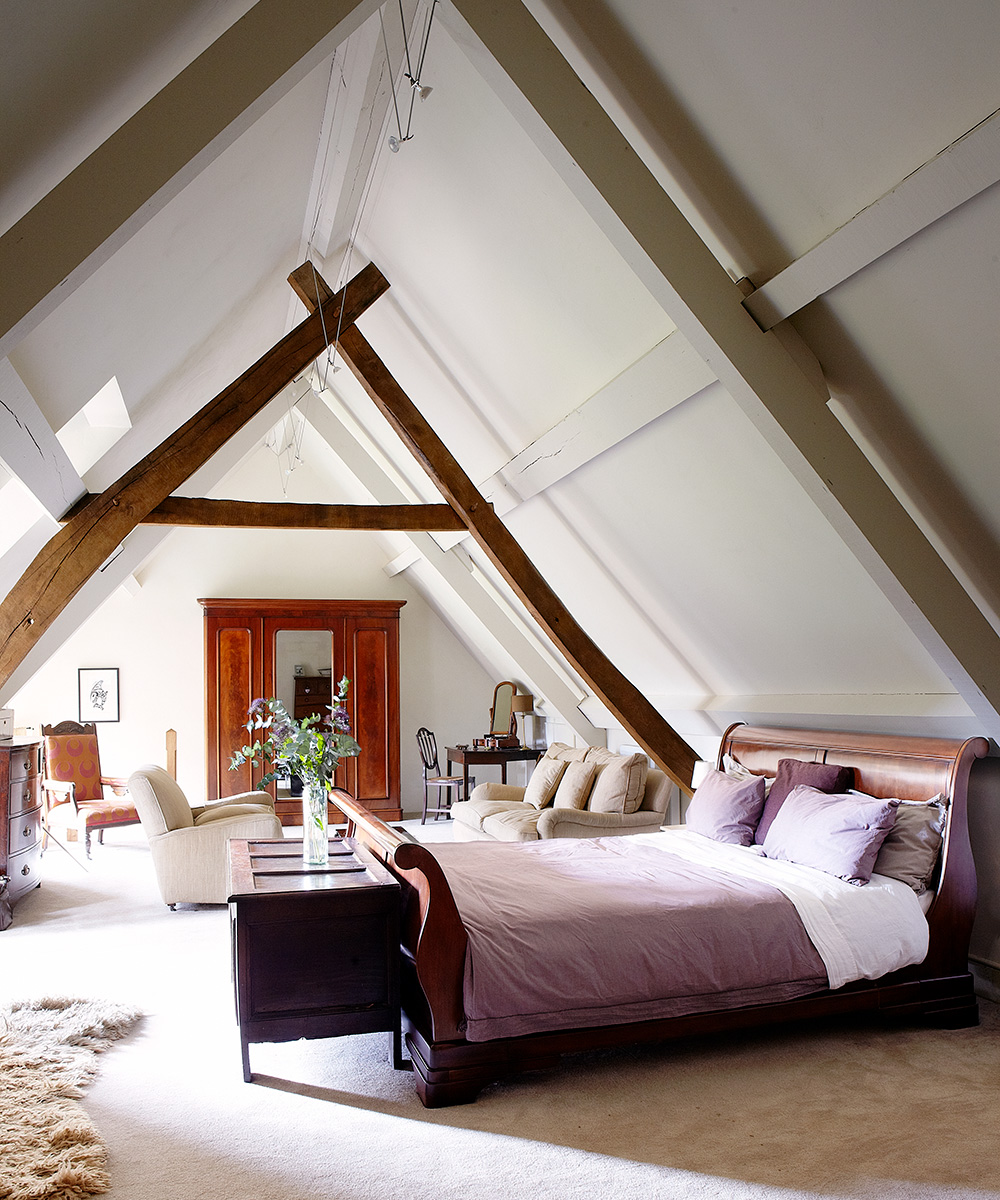
JOHN CULLEN LIGHTING – BEST FOR LIGHTING
This store’s design service can help with awkward spaces, from lighting ‘shadow gaps’ at ceiling height to creating the perfect mood lighting, johncullenlighting.com.
ELEMENT 7 – BEST FOR FLOORING
Contact Element 7 for bespoke flooring designs in materials from wood to leather, and ask for advice on laying the correct sub-floor and noise reduction, element7.co.uk.
NEATSMITH – BEST FOR CABINETRY
Bespoke wardrobes, including walk-in rooms, with everything from the cabinetry and doors to built-in lighting and space-saving clothes rails, neatsmith.co.uk.
ADAM RENOVATIONS – BEST FOR JOINERY
If you need to make structural alterations for your conversion, or bespoke joinery to furnish it, this specialist builder is a good place to start, adamrenovationsltd.co.uk.
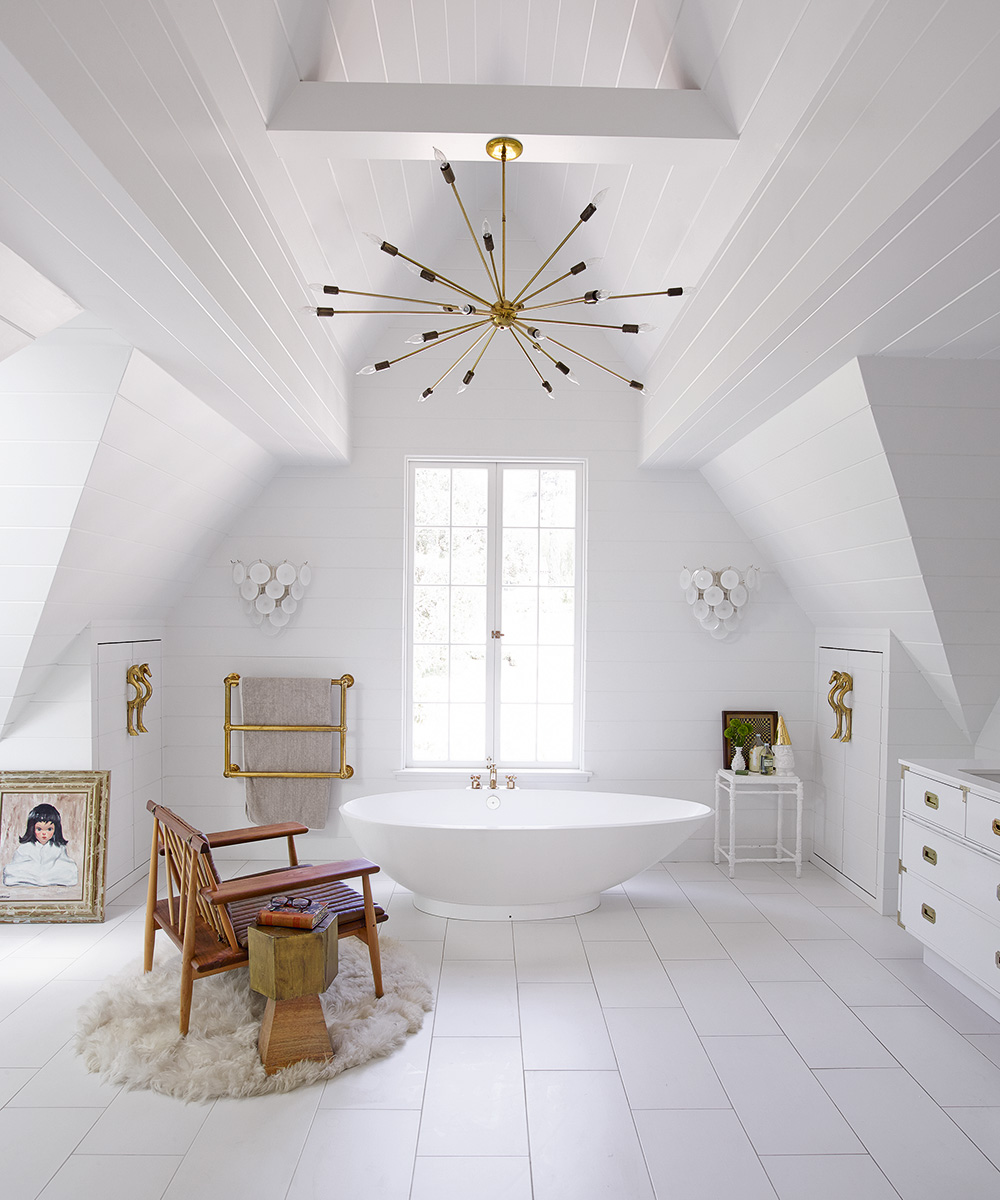
How to plan a loft conversion
Loft conversions of up to 50m3 (40m3 for a terraced house) fall under Permitted Development – although if you live in a Conservation area or your house is listed, you will need to seek approval. Roof lights and dormer windows are also permissible, so long as they are not higher than the current roof; and materials should be similar in appearance to the existing house. If you unsure, it is always worth checking with your local council who will be able to clarify any queries. To create effective living space, head height should be greater than 2.2m. Mansard dormers (particularly effective when a roof pitch is high) or hip-to-gable extensions (which extends a sloping roof with a vertical gable wall) allow for more useable space. If you live on a street of similar houses, you might take inspiration from the way neighbouring homes have been converted. A typical dormer roof extension, providing a new bedroom and en suite, costs on average £35,000-£45,000. Where head height is lower than 2.2m it may be necessary to raise the roof – which will require Planning Permission – or lower the height of the ceiling below, although this kind of structural alteration can be costly and disruptive. A modular loft, where the existingroof is replaced with a factory-built space, may be an option – particularly where time is an issue. Typically, these types of conversion, which cost from £1000 per square metre – generally in excess of £55,000 – can be completed in only two to four weeks.
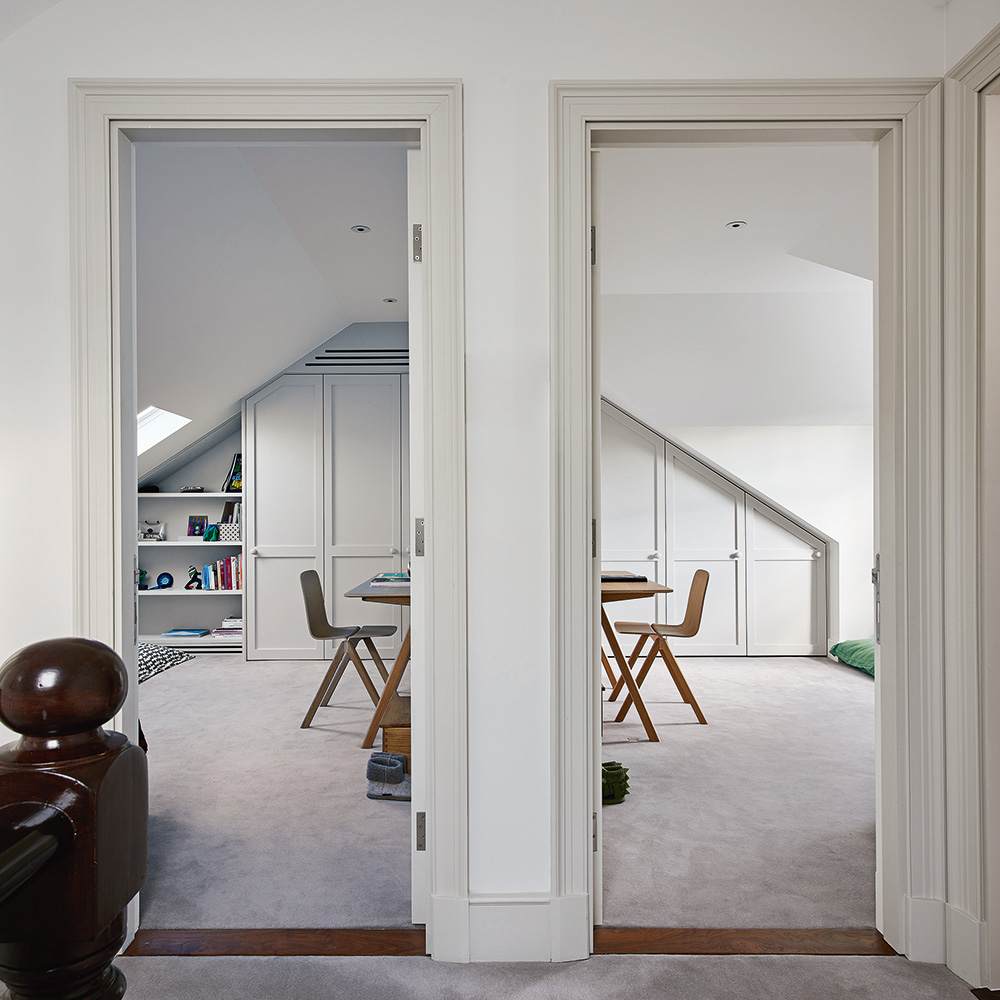
Do I need building regulations?
‘It’s key to know whether a property has Permitted Development rights, as these offer great chances to add floors, galleries and roof terraces,’ says Silvia Alcantara of Alcantara Evans Architects. Juliet Quintero of Dallas-Pierce-Quintero, advises looking at planningportal.co.uk. ‘Engaging an architect helps you negotiate the process and is worth the investment,’ she says. ‘We work with a “right of light” consultant to advise on impact to neighbouring homes.’ Find local architect practices on the RIBA website, architecture.com.
Can I use my loft for storage?
Good storage is vital. Furniture maker Nathalie de Leval, specialises in bespoke designs. ‘Plan what you need and where it will go,’ she advises. ‘The trick is to avoid it looking like a room surrounded by cupboards. You can disguise doors with panelling.’ Think about variety, too. ‘Have a mix of long-term storage that you don’t need every day, and more accessible elements like open shelves or units on wheels that pull out of recesses.’
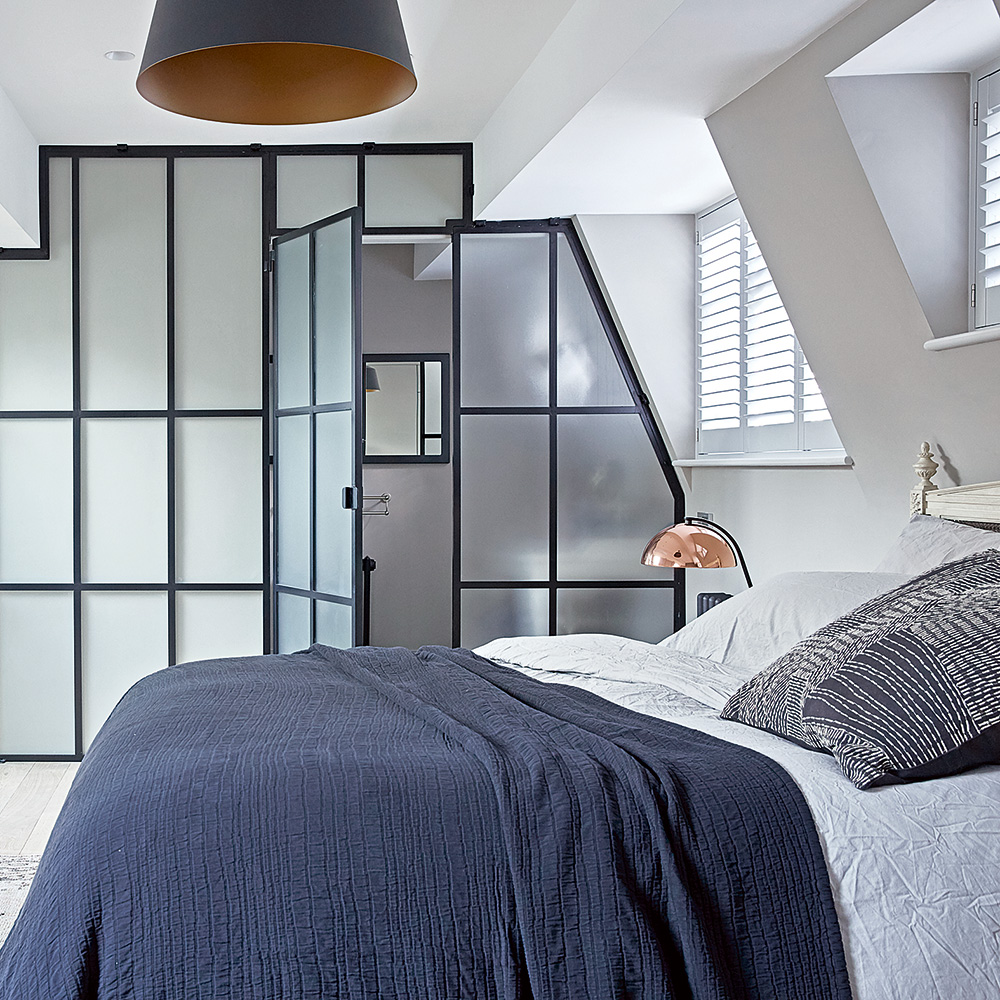
How you I add space?
Floors and ceilings offer the best opportunities for gaining extra space. ‘Consider dormers or even a mansard roof,’ says Rodrigo Moreno Masey of MorenoMasey. ‘A structural engineer can ensure the floor’s strong enough, but that means it could get thicker,’ he adds. You should look at the latest super-thin materials, according to Colin Erridge of Lyndon Goode Architects. ‘Stressed plywood floorcoverings are strong and reduce floor depth,’ he says.
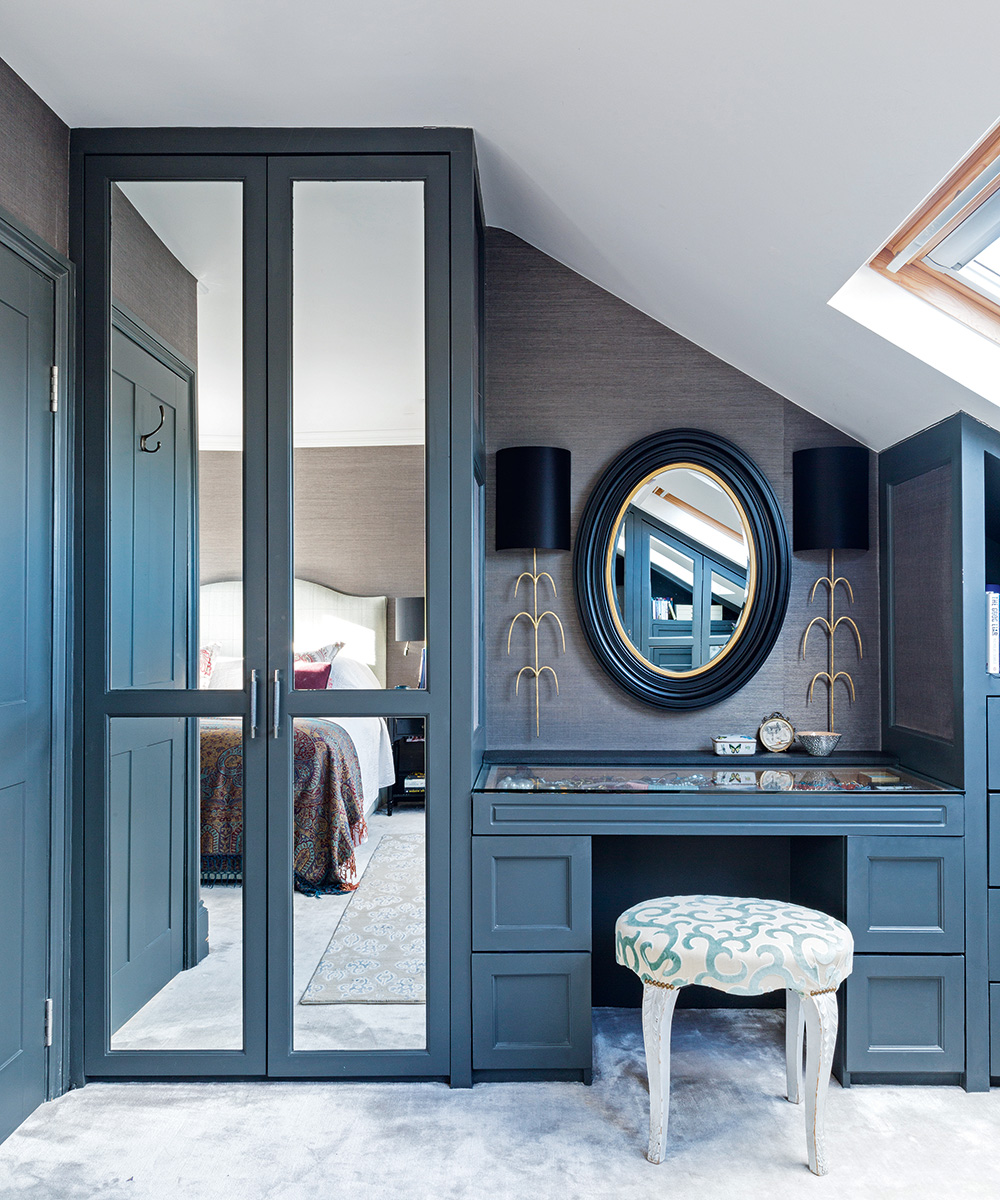
How do I add light to a loft?
Roof windows are an easy way to draw light into a loft. ‘Top-hung designs are ideal if space is short,’ says Grant Sneddon, product manager at Velux. ‘Velux windows (from £340) can bring in three times as much light as dormers. We recommend they take up 15 to 20 per cent of the floor space.’ Custom-made blinds and shutters can be added and there are lots of glazing options. ‘Our triple glazing includes noise reduction, solar cells that retain the sun’s heat and reduce energy bills, and easy-clean coatings.’ Try the MyDaylight app to visualise skylights in your space.
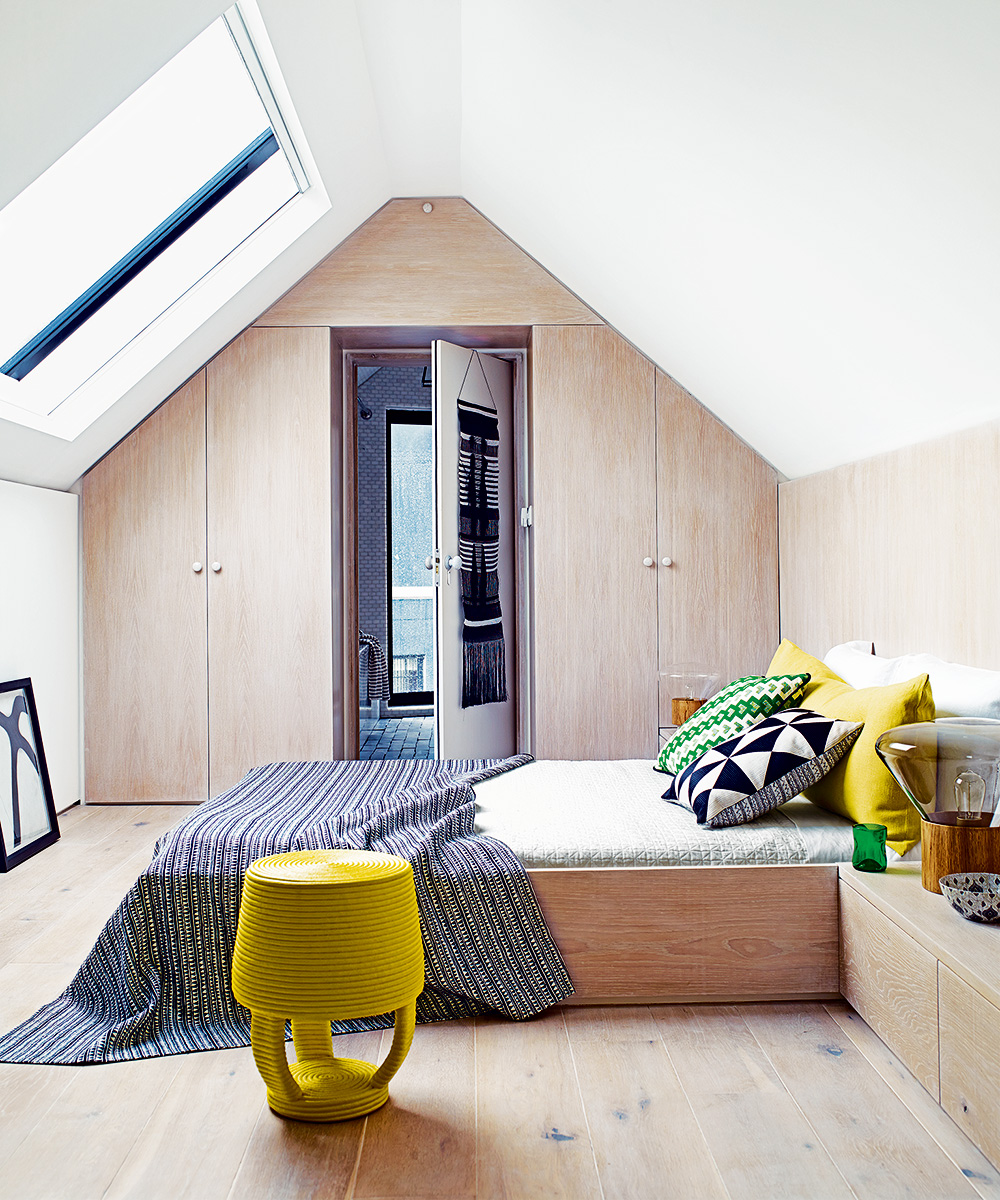
What about stairs in a loft?
Stairs should not be an afterthought, tempting though it is to focus all thoughts on the space itself. ‘If a new staircase is required, consult an architect so it conforms to building requirements,’ says Mike Grenier, national design team manager at Neville Johnson. ‘Consider not just access, but also its impact on the floor below.’ Also, be aware that light can affect material choices. ‘Small spaces benefit from glass balustrades that maximise natural light,’ says Mike. ‘Laser-cut steel designs are also becoming popular.’
Sign up to the Homes & Gardens newsletter
Design expertise in your inbox – from inspiring decorating ideas and beautiful celebrity homes to practical gardening advice and shopping round-ups.

Jennifer is the Digital Editor at Homes & Gardens. Having worked in the interiors industry for several years in both the US and UK, spanning many publications, she now hones her digital prowess on the 'best interiors website' in the world. Multi-skilled, Jennifer has worked in PR and marketing and occasionally dabbles in the social media, commercial, and the e-commerce space. Over the years, she has written about every area of the home, from compiling houses designed by some of the best interior designers in the world to sourcing celebrity homes, reviewing appliances, and even writing a few news stories or two.
-
 Martha Stewart's intelligent cabinets 'take every inch into consideration' – their 'visually light' style will solve your small kitchen storage problems
Martha Stewart's intelligent cabinets 'take every inch into consideration' – their 'visually light' style will solve your small kitchen storage problems'Every kitchen can be beautiful and functional, no matter what the size': 9 years since sharing her clever storage, Martha's cabinets are just as beautiful
By Megan Slack Published
-
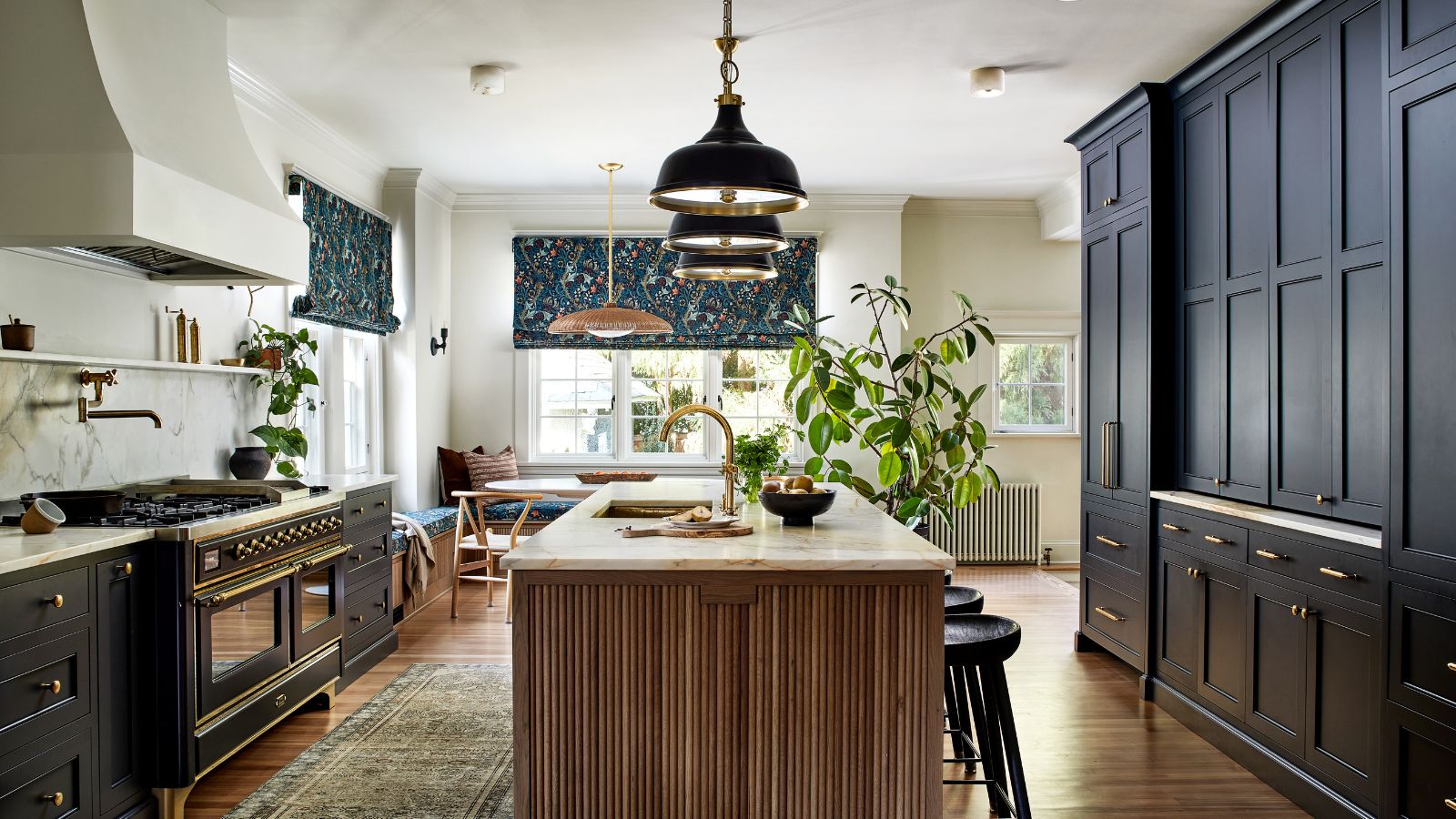 This once-dated kitchen is now a timeless space with the coziest details – and its the classic color palette that's made it a chic, welcoming space
This once-dated kitchen is now a timeless space with the coziest details – and its the classic color palette that's made it a chic, welcoming spaceWarming colors and natural materials combine to create this enduringly classic kitchen scheme
By Molly Malsom Published